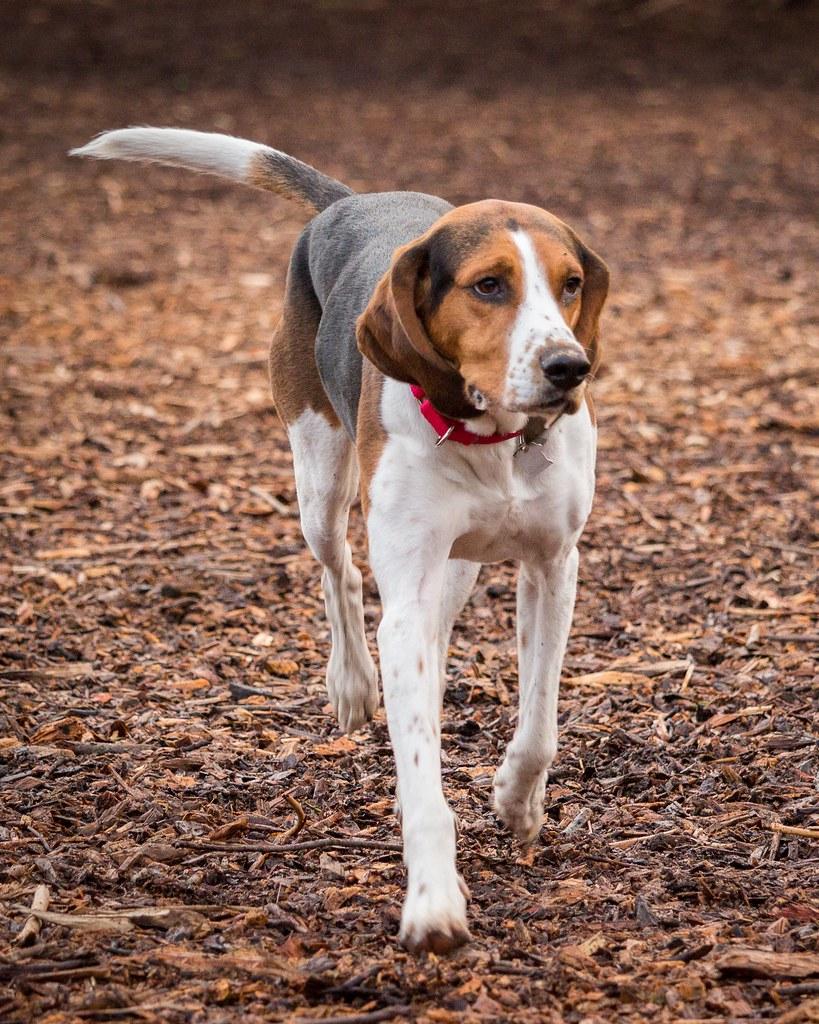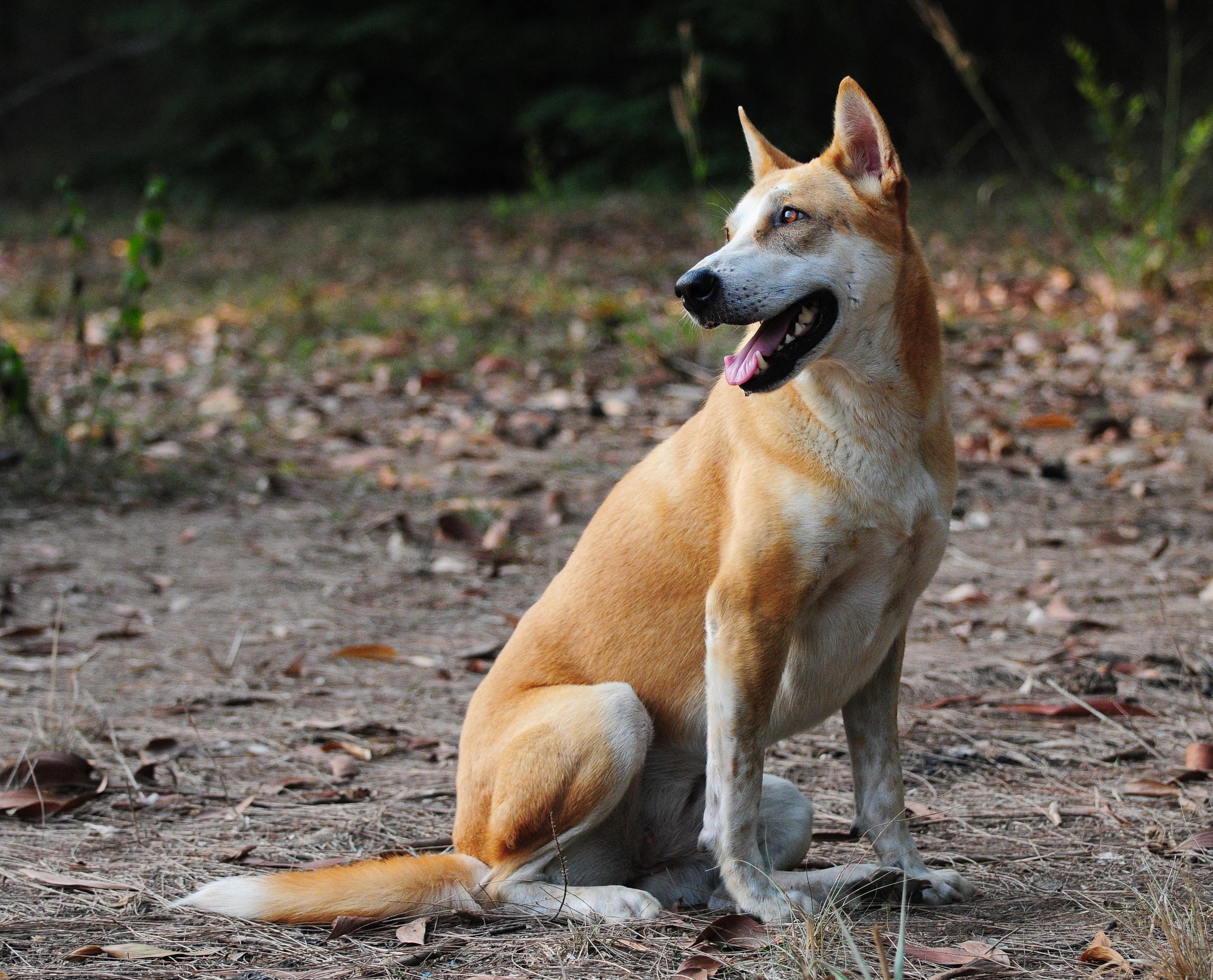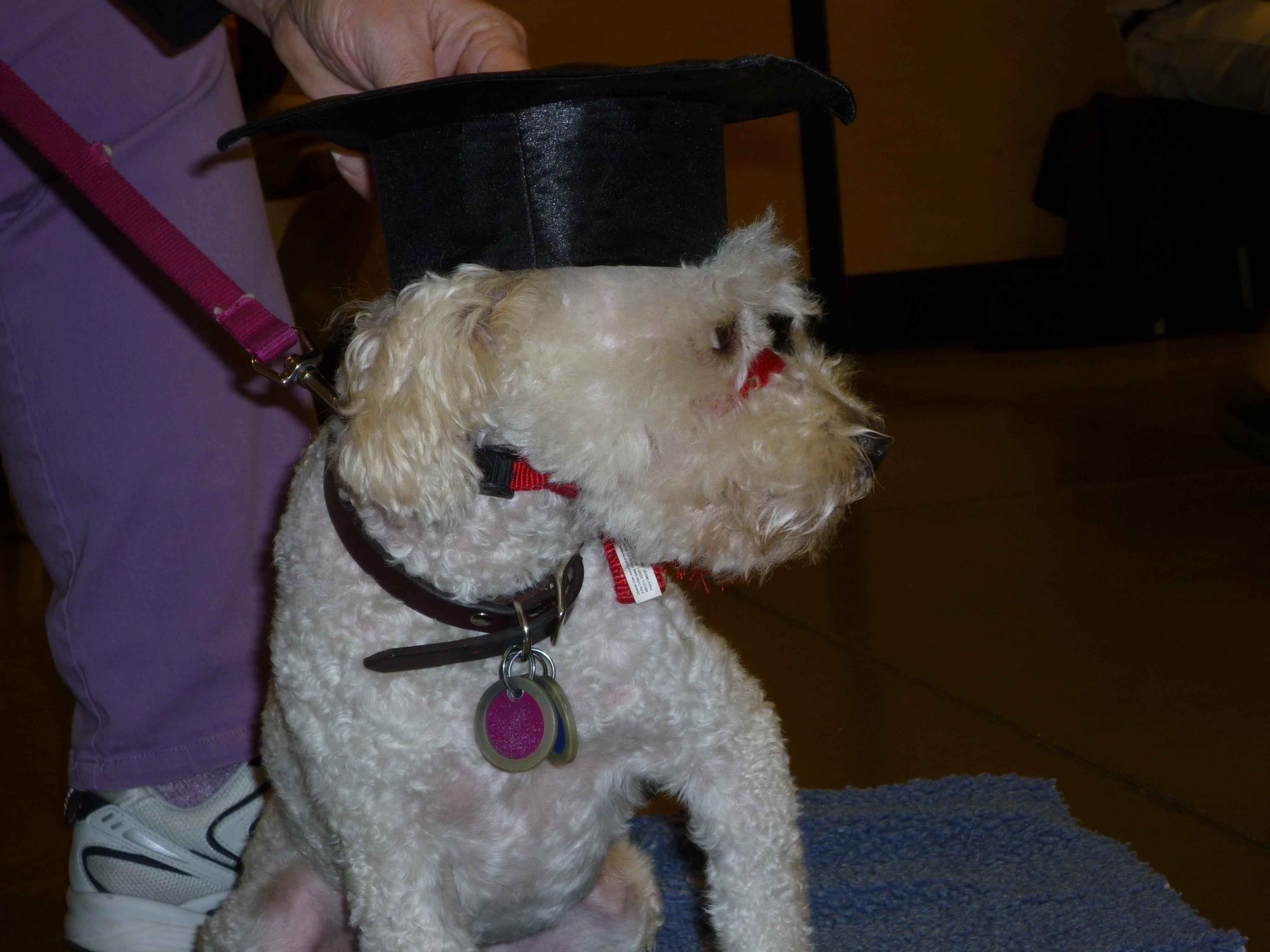Can Socialization Alone Prevent Behavioral Problems in Dogs

In the realm of wagging tails and wet noses, the bond between humans and their canine companions is a tapestry woven with trust, love, and mutual understanding. Yet, amid the joyous romps in the park and quiet evenings by the fire, there lies a question that echoes in the minds of dog owners and trainers alike: Can socialization alone prevent behavioral problems in dogs? As we embark on this exploration, we delve into the world of canine psychology, where the interplay of nature and nurture shapes the demeanor of our furry friends. Through a balanced lens, we will examine whether the simple act of introducing our dogs to the world and its myriad of experiences is sufficient to steer them away from the path of behavioral issues, or if there are deeper threads that need to be considered in this intricate tapestry of companionship.
Understanding the Role of Socialization in Canine Behavior
Socialization plays a pivotal role in shaping a dog’s behavior, acting as a cornerstone for developing a well-adjusted and balanced pet. It’s a process that introduces dogs to a variety of experiences, from meeting new people and animals to encountering different environments and sounds. Through these interactions, dogs learn to navigate the complexities of the world around them, fostering adaptability and reducing anxiety.
However, while socialization is undeniably crucial, it alone may not be a silver bullet for preventing all behavioral problems. Behavioral issues can arise from a multitude of factors beyond socialization, including genetics, training methods, and individual temperament. Consider these influences:
- Genetic Predispositions: Some breeds are naturally more predisposed to certain behaviors.
- Training Techniques: Inconsistent or harsh training can exacerbate behavioral issues.
- Health Factors: Undiagnosed health problems can lead to unexpected behavioral changes.
Ultimately, while socialization is an essential piece of the puzzle, a comprehensive approach that includes proper training, health care, and understanding of the dog’s unique personality is key to fostering a harmonious canine companion.

Exploring the Limits of Socialization for Preventing Issues
While socialization plays a critical role in shaping a dog’s behavior, relying solely on it to prevent behavioral issues can be limiting. Socialization involves exposing dogs to various environments, people, and other animals to help them develop a well-rounded temperament. However, this process is just one piece of the puzzle. Behavioral problems can stem from a variety of factors, including genetics, past experiences, and individual personality traits. Therefore, a multifaceted approach is often more effective in preventing and addressing these issues.
- Training: Consistent and positive training methods can help reinforce desired behaviors.
- Exercise: Regular physical activity is crucial for managing energy levels and reducing anxiety.
- Routine: A structured daily routine can provide stability and reduce stress.
- Diet: A balanced diet contributes to overall health and can influence behavior.
- Veterinary Care: Regular health check-ups can rule out medical issues that may cause behavioral changes.
By integrating these elements with socialization, pet owners can create a comprehensive strategy that addresses the diverse needs of their dogs, promoting not only good behavior but also overall well-being.

Integrating Training and Socialization for Optimal Results
While socialization is a cornerstone in the development of a well-rounded dog, integrating training can elevate the experience and lead to more profound results. Training offers structured learning and helps in establishing clear communication channels between the owner and the dog. This symbiotic relationship fosters trust and understanding, making socialization efforts more effective. By combining both, you can tailor interactions to address specific behavioral challenges, ensuring that your dog is not just exposed to various environments but also knows how to behave appropriately within them.
- Structured Learning: Training sessions can be designed to reinforce positive behaviors during social encounters.
- Building Confidence: A trained dog often feels more secure, allowing it to navigate social situations with ease.
- Enhanced Communication: Training helps in decoding your dog’s responses, making socialization more intuitive.
- Preventative Measures: Integrated approaches can identify and address potential behavioral issues early on.
Ultimately, the integration of training and socialization creates a harmonious environment where dogs can thrive, leading to balanced behavior and a fulfilling companionship.
Expert Recommendations for Balanced Canine Development
While socialization is a critical component of a dog’s development, it is not a standalone solution for preventing behavioral issues. A holistic approach to canine development involves a combination of factors that work together to ensure a well-rounded and balanced lifestyle for your furry friend. Experts suggest incorporating the following elements into your dog’s routine:
- Consistent Training: Engage in regular training sessions that include basic commands and positive reinforcement techniques to instill good behavior and obedience.
- Mental Stimulation: Provide puzzle toys, interactive games, and new environments to explore, which can help prevent boredom and destructive behaviors.
- Physical Exercise: Ensure your dog gets adequate physical activity to release pent-up energy and maintain physical health, which can help reduce anxiety and stress-related behaviors.
- Nutritional Balance: A well-balanced diet tailored to your dog’s age, breed, and health requirements can impact behavior by supporting overall well-being.
Integrating these components alongside socialization creates a comprehensive strategy that addresses both the physical and psychological needs of your dog, fostering a harmonious and fulfilling life.



